“Vanity, definitely my favorite sin.”
For those of you unfamiliar with the above quote, it’s the last line to a film I remember enjoying very much, The Devil’s Advocate. Al Pacino plays John Milton, a physical manifestation of Satan, and the line refers specifically to vanity’s inherent potential for exploitation. Unfortunately, this applies not just to lawyers (as was the case in the film), but to writers alike, or more to the point, vanity authors. Er, wait, I meant enterprise authors. OK, which one is it?
Vanity Author
Let’s face it, the term vanity, or the “V” word, as Mark Coker, founder of Smashwords, prefers to call it, packs a lot of negativity, but is it warranted? You bet it is, but only insofar as it’s applicable. This is tricky terrain, I’ll admit. But as with all surfaces, it can be navigated with the right tools, and in this case the tool is honesty. Brutal, unapologetic, and objective honesty.
So you’ve written a book, and now you want to get it published.
Writing a book is no small task. For some it can take months, for others, years. Hundreds, if not thousands of hours are spent agonizing over which words to commit to the page, all in the hope that someone will want to read the finished product, or better yet, pay to read what you’ve written. It is a noteworthy accomplishment, but what sets it apart from other achievements is the degree of entitlement that often comes with it. We’ve climbed this hill that most people only talk about attempting, and suddenly we deserve their praise? Well guess what? Writing a book is not the biggest hill there is to climb. And if you think it is, that somehow the worse is behind you, well, maybe vain really is the right word to describe you.
But there’s more at stake here than just name calling. Like Mr. Pacino’s character suggests, this kind of naiveté makes you dangerously susceptible to exploitation, the likes of which can be found all over the internet. The label of published author is literally just a few clicks away, the promise of hard earned recognition at your fingertips. Temptation, as they say, really is everywhere. Ask the majority of people who self-publish.
What makes enterprise authors so different?
For enterprise authors, it isn’t about the hill, it’s about the entire mountain range. Content is just one ingredient to the magic formula. Formatting, cover design, editing, and marketing make up much of the rest. Treat any of these aspects as an afterthought, and you will fail. Enterprise publishing is hard.
Marlayne Giron, in the article Important Questions to Ask Before You Self Publish (and sign on the dotted line) writes:
“Publishing your book is only 1/3 the battle. The next thing you have to think about is how you are going to market your book. How are you going to get the word out? Did you know that 5,000+ new books are released every month? How are you going to let the reading public know about yours?”
I recently came across an upstart book cover design company. Naturally intrigued, I perused their gallery, only to be wildly disappointed and more than a little bit concerned about the state of self-publishing. It wasn’t that the artwork was bad – it simply wasn’t at the level that it needs to be draw an audience. So I had to ask myself, if people are cutting corners on a book cover, what about the other stuff? I mean, it took me eight months to edit my book. How much time are you spending on yours?
Enterprise authorship is a business. Don’t sell yourself short.
Get an Editorial Review | Get Amazon Sales & Reviews | Get Edited | Get Beta Readers | Enter the SPR Book Awards | Other Marketing Services



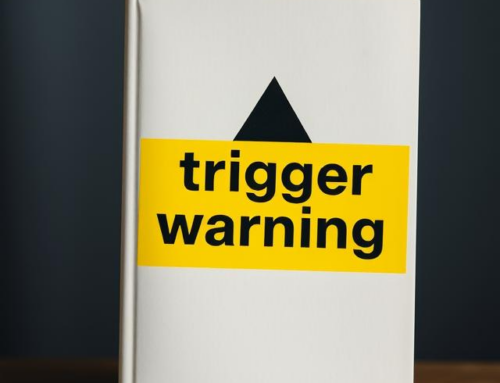

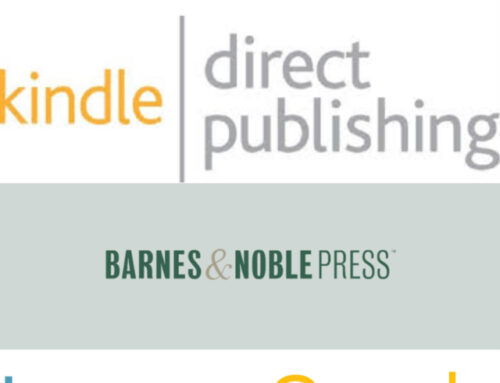
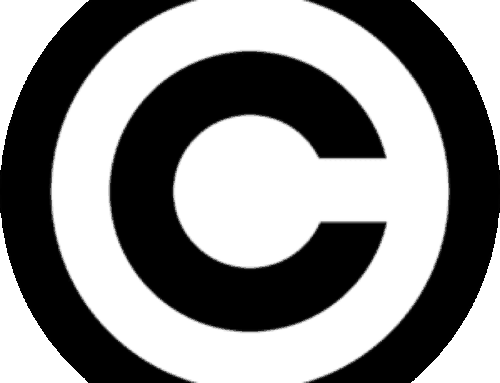


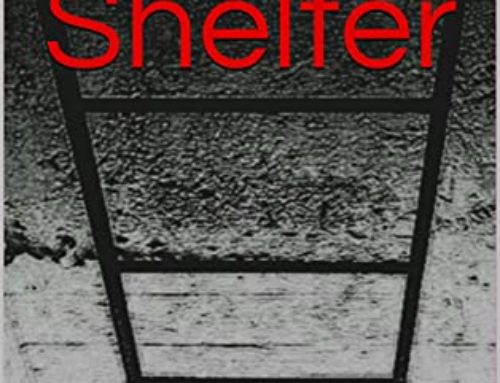
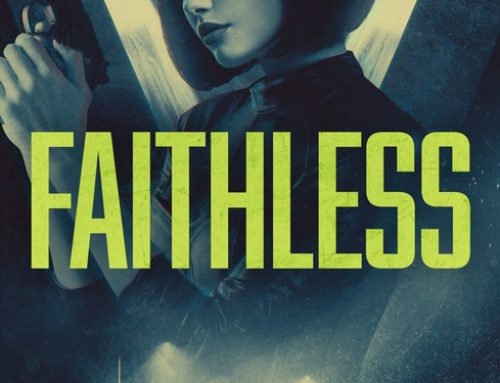
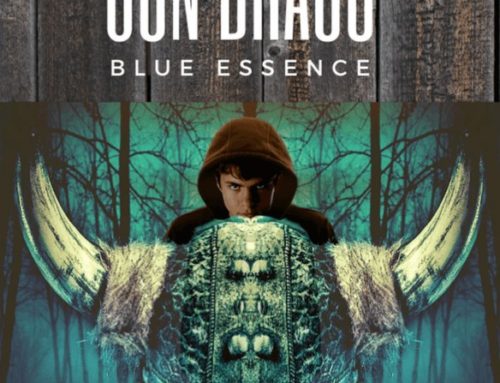

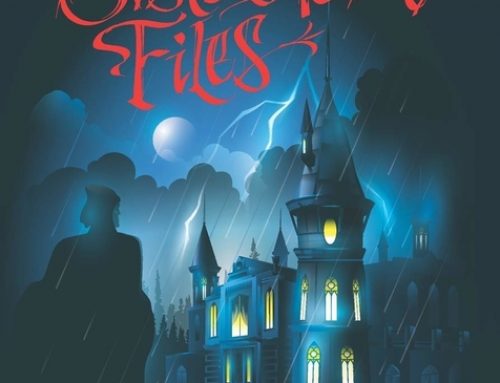



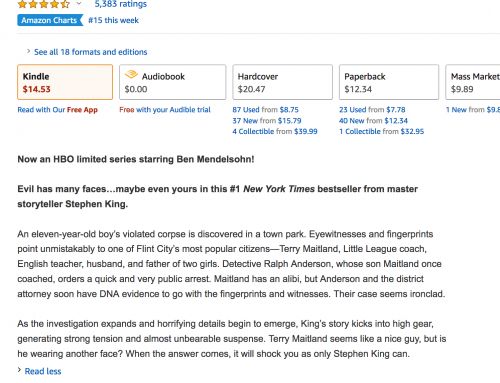
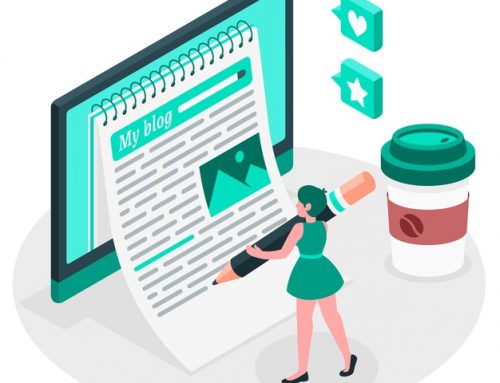

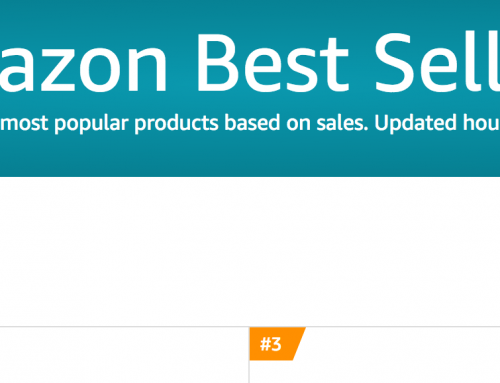
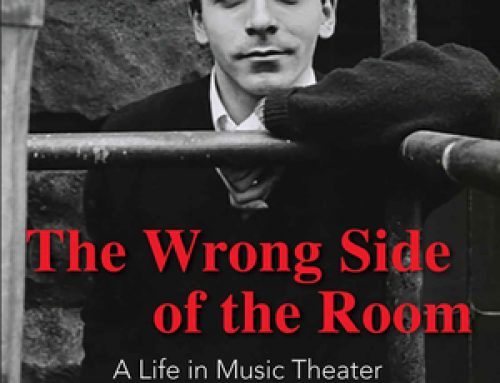

Vanity is not an inherent character flaw, that is not if you have the goods to back it up. Hubris, solipsism, these are untenable human traits. For me, I am confident in all my talents. For writing though, I would fall under the heading of enterprise writer, as I once was a enterprise musician (still a musician though).
Vanity opens the door to exploitation, which is what I fear many would be writers will fall victim to in their pursuit of vanity publishing.
First of all, this is a great post! You’ve made some really excellent points.
The thing that I find ironic is that I consider traditionally published authors–as well as authors seeking that path–the ones who are truly vain.
Indie authors, or as you’ve said enterprise authors, treat writing & publishing as a small start-up business. When we take it seriously, and take things like marketing, promotion, distribution, etc into consideration…YES, we are entrepreneurs. If we don’t care for all the “grunt work” and business details, and only seek wealth and fame (like wannabe commercially published advocates) then we are giving in to the two deadly sins: Greed and vanity.
Don’t believe me? Well here are some actual quotes from people who refuse to independently publish, and aim only at the TP contract:
“I don’t want to waste my time marketing, I’m an artist!”
“I want sales figures I can be proud of, and a 6 figure advance”
“A Publisher can handle all the marketing/promo/distro deals for me. I cannot do that on my own! THey can get my name out there…”
“I want my children’s book to be made into a disney movie, or a cartoon!”
“I want to be on the NYT best seller list! And, it will never be there if I self-publish! Nobody will ever hear of me if I self-publish!”
TP wannabes want their name in lights. SP/indies embark on the journey of their own small business.
Who’s so vain now?
Terrific quotes. I never thought to spin the V word against TP authors themselves. I believe you have inspired a future post.
Karen, I think you protest too much.
I have had my feet on both sides of the “enterprise” (good name!) and traditional line, sometimes both sides at once. Part of that is age. I began to write books in 1961 at 15, when there was only traditional publishing. Real life intervened–college, marriage, kids, a career in advertising–but I was published in 1975 on a $2500 advance that made a difference that year. By 1983, I was writing books full time, in traditional settings, for advances that had swelled to $40,000.
My 1975 publisher went bust and the book was caught in legal limbo. In 1985, a man for whom I wrote a war memoir asked me to publish the book. Using a lot of stuff I learned running my own little ad agency, I did the job and also reissued the book in that was in limbo to get it back in earning mode. By accident, I owned a publishing company. Since then, I have worked both sides of the line. My goal was to get advances high enough to convince myself that it would take years to earn as much on my own, but I also published other books under my imprint, both my own and for others who didn’t have a prayer in traditional publishing. In 1992, following heart surgery, I went into “enterprise” publishing full bore and made a considerable income for myself and decent returns for the authors I worked with.
I owe a lot of my success to ongoing advances in technology. For example, I learned to set digital type in the early 1990s, just as computer-driven pre-pub was sinking in. And so forth. I closed my publishing venture in around 2000 and cashed out, turning books in boxes to cash in bank without adding more books in boxes. I took time off from writing by editing books on staff at a genre publisher, which was sold to Random House a few years later. By that time, my imprint was using print-on-demand to keep around a dozen of my own out-of-print titles in print. When I began writing again–my thirtieth book–I weighed self-publishing against taking advances for new books via the traditional route.
I had some prayers answered when my former employer–and good friend–started up an imprint in our (military history) genre for a large independent publisher that had been my distributor in the 1990s. He needed to fill out a list fast, so I sold him trade paper reprint rights to a half-dozen of my books for $5,000 each. I even shut down two print-on-demand titles to round out the deal because I couldn’t earn $5,000 for either of them over six to ten years. I also signed new-book deals, eventually for nine titles, at $15,000 to $30,000 each. All but one of the new books are pictorials, which you can’t do well enough using print-on-demand. (I never want to warehouse or ship a book again, so doing my own pictorials isn’t going to happen.)
While all that was going on–the past four or five years–I published a handful of new books using print-on-demand or, without hardcopy editions, ebook narratives.
The publisher did great pictorials and most have sold well. They are all still in print. I got a $30,000 advance for the second one, then my first royalty check for it was for $38,000–that’s $68,000 so far, and the book was just reprinted in soft cover. On the other hand, the same publisher fucked up a narrative literally every way it’s possible to fuck a book up. I lost two years of my life in that fiasco. But who knew?
My philosophy has become this: If I can earn more money from an advance than I have a decent chance of earning by any and all other means on my own, I take the advance. If I can do better on my own or have a good emotional reason for doing it on my own, that’s what I do.
Recently, an established publisher moving into my type of books contacted me out of the blue, asked what I wanted to do. I just signed a contract with them for another pictorial. The advance is small, but I get a lot of artstic freedom and can finish within a month, so I see it as a good deal, especially because these folks are aggressive marketers.
I don’t denigrate anyone who can write a decent book for the decisions they make, the routes they follow, the deals they agree to. I look on all the opportunities available at this far end of my career as specialty knives in my knife drawer. I match the solution to the task at hand. Because I can.
Interesting. Your example would make the traditionally published author an enterprise author as well, because your decisions were motivated by specific pros and cons that lead to a better financial investment of time and energy. Thank you for sharing.